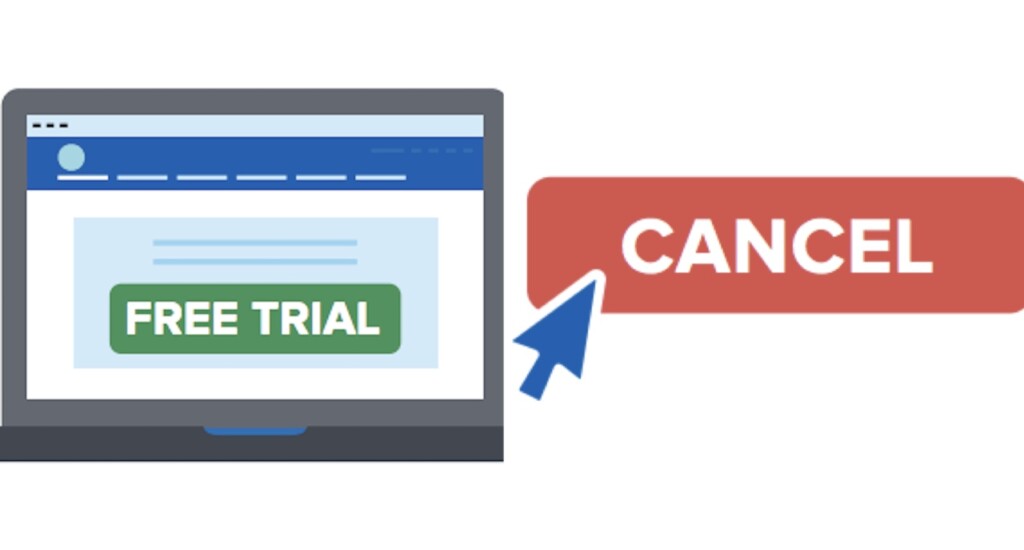 The Federal Trade Commission this week announced a final ‘Click-to-Cancel’ rule that will require sellers to make cancelling their enrollment “at least as easy to use” as the sign-up process.
The Federal Trade Commission this week announced a final ‘Click-to-Cancel’ rule that will require sellers to make cancelling their enrollment “at least as easy to use” as the sign-up process.
“Too often, businesses make people jump through endless hoops just to cancel a subscription,” said Commission Chair Lina M. Khan.
“Nobody should be stuck paying for a service they no longer want.”
The actions are part of the FTC’s ongoing review of its 1973 Negative Option Rule, which describes a transaction in which sellers can interpret a customer’s failure to take action—either to reject an offer or cancel a membership—as an agreement to be charged again.
While negative option marketing programs can be convenient for sellers and consumers, the FTC receives thousands of complaints about recurring subscription practices each year. The number of complaints has been steadily increasing over the past five years and in 2024 the Commission received nearly 70 consumer complaints per day on average—up from 42 per day three years earlier.
The new rule prohibits requiring consumers who signed up through an app or website to go through a chat bot or to wait endlessly on hold until an agent can answer a telephone.
GOVERNMENT SUCCESS: Historic Negotiations With Big Pharma to Lower Drug Prices Will Save $1.5 Billion for US Consumers–and More
Some of the more egregious examples are gym club memberships that require a certified letter or in-person visit to the business in order to cancel. The new rule would require them to offer an online option to cancel on their website or with a simple phone call.
“The FTC’s rule will end these tricks and traps, saving Americans time and money,” said Chairwoman Kahn.
The Commission’s updated rule will apply to almost all ‘negative option’ programs in any media and will require sellers to provide important information before obtaining consumers’ billing information and get consumers’ informed consent to the negative option features before charging them.
The ‘Click to Cancel’ rule is one of the last pieces of the Biden administration’s effort to get rid of “junk fees,” which included new rules requiring airlines to promptly give automatic cash refunds when they cancel or significantly change flights, or don’t provide the extra services when purchased. The effort also eliminated exorbitant charges for prisoner phone calls and banned paywalls on scientific publications containing taxpayer-funded research.
The final rule will provide a legal framework by prohibiting sellers from:
- failing to provide a simple mechanism to cancel the negative option feature and immediately halt charges;
- misrepresenting any material fact made while marketing goods or services with a negative option feature;
- failing to clearly and conspicuously disclose material terms prior to obtaining a consumer’s billing information in connection with a negative option feature; and
- failing to obtain a consumer’s express informed consent to the negative option feature before charging the consumer.
Since the March 2023 opening of a public comment period, the Commission received more than 16,000 comments from consumers, federal and state government agencies, consumer groups, and trade associations.
The Commission ended up dropping two proposed changes that might have required sellers to provide annual reminders of the negative option feature of their subscription, and one that banned sellers from telling consumers seeking to cancel their subscription about plan modifications or reasons to keep their existing agreement, without first asking if they want to hear about them—a good practice that Verizon Fios had been providing for years during phone cancellations by asking for permission to review your plan and seek better deals.
ANOTHER GOVERNMENT ASSIST: New Senate Bill Could Reform Concert Ticket Sales in the ‘Fans First Act’
The Commission voted 3-2 to approve publication of the final rule in the Federal Register, with Commissioners Melissa Holyoak and Andrew Ferguson voting no. Not surprisingly, industry leaders complained that it forces an undue burden on businesses, even though websites and apps can be updated with unsubscribe buttons fairly easily.
Most of the final rule’s provisions will go into effect in about six months, See the FTC Fact Sheet, here.
STREAM THIS GOOD NEWS to Friends By Sharing on Social Media…




















